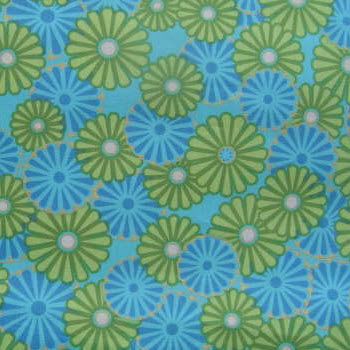 |
LITR 4326
Early American Literature Research Posts 2016 (research post assignment) Research Post 1 |
 |
Burgundy Anderson
The Final Frontier
Lewis and Clark expeditions have been
the focus of much writing for the past two hundred or so years. Their ability to
capture the imaginations of the American public has been remarkable. The
findings of the expedition became such a cultural phenomenon both when they
first arrived home and still today. Not only did their findings influence
American culture but also the general view of the world at large. Their
continued prevalence made me want to explore how their expeditions shaped
America and the American view of our land.
Thomas Jefferson had extreme views on interpreting the Constitution very
literally. Despite this, he found reason enough to purchase a huge tract of land
from Napoleon (who was disillusioned by the prospect of colonization after an
uprising in Haiti) and double the size of America’s land. One of the major
issues that Lewis and Clark would face was getting through territories which
were still disputed, particularly as they moved further west. In order to
alleviate the issue before it was a real problem, Jefferson had the dignitaries
of Britain and Spain create passports providing safe journeys along the routes
of what remained as disputed territories. Jefferson was able to convince these
ambassadors that the journey of Lewis and Clark would contribute to scientific
knowledge and knowledge of the territories.
The
writings of the expeditions were published a few years after Lewis and Clarks
return. It was an instant best seller, in both the United States and Britain.
The captains came home to cheering crowds and impromptu dinners and a ball at a
tavern in St. Louis. A few days later, there was “a gala dinner hosted by city
officials in Washington D.C.” although only Lewis attended (Foley, The View from
Britain). Many Europeans took notice of the journey and read about it.
Since
the expedition, literally hundreds of articles and books have been written
concerning the Captain’s journals of the travels, and there have even been
movies based on the same. There is even a book concerning the diction chosen by
the two Captains, as some words were archaic and some things they just made up.
The adventures of Lewis and Clark captured the imaginations of both Americans as
well as the world at large. I thought originally this paper would be much more
focused on the expeditions themselves, but I was able to find such a wealth of
information regarding their influence I thought it worth noting.
Works
Cited
Foley, William E.. “Lewis and Clark's American Travels: The View from Britain”. The
Western Historical Quarterly 34.3
(2003): 301–324. Web. 02 Mar. 2016
Green, John. "Thomas Jefferson & His Democracy: Crash Course US History #10."YouTube.
YouTube, n.d. Web. 04 Mar. 2016.
Jackson, Donald. “On Reading: Lewis & Clark”. Montana:
The Magazine of Western History 18.3
(1968): 2–7. Web. 29 Feb. 2016
“Lewis and Clark Interactive Map.” PBS.
PBS, n.d. Web. 03 Mar. 2016.
Sadosky, Leonard J.. The Journal
of American History 96.1 (2009):
332–333. Web. 04 Mar. 2016
|
|
|
|


